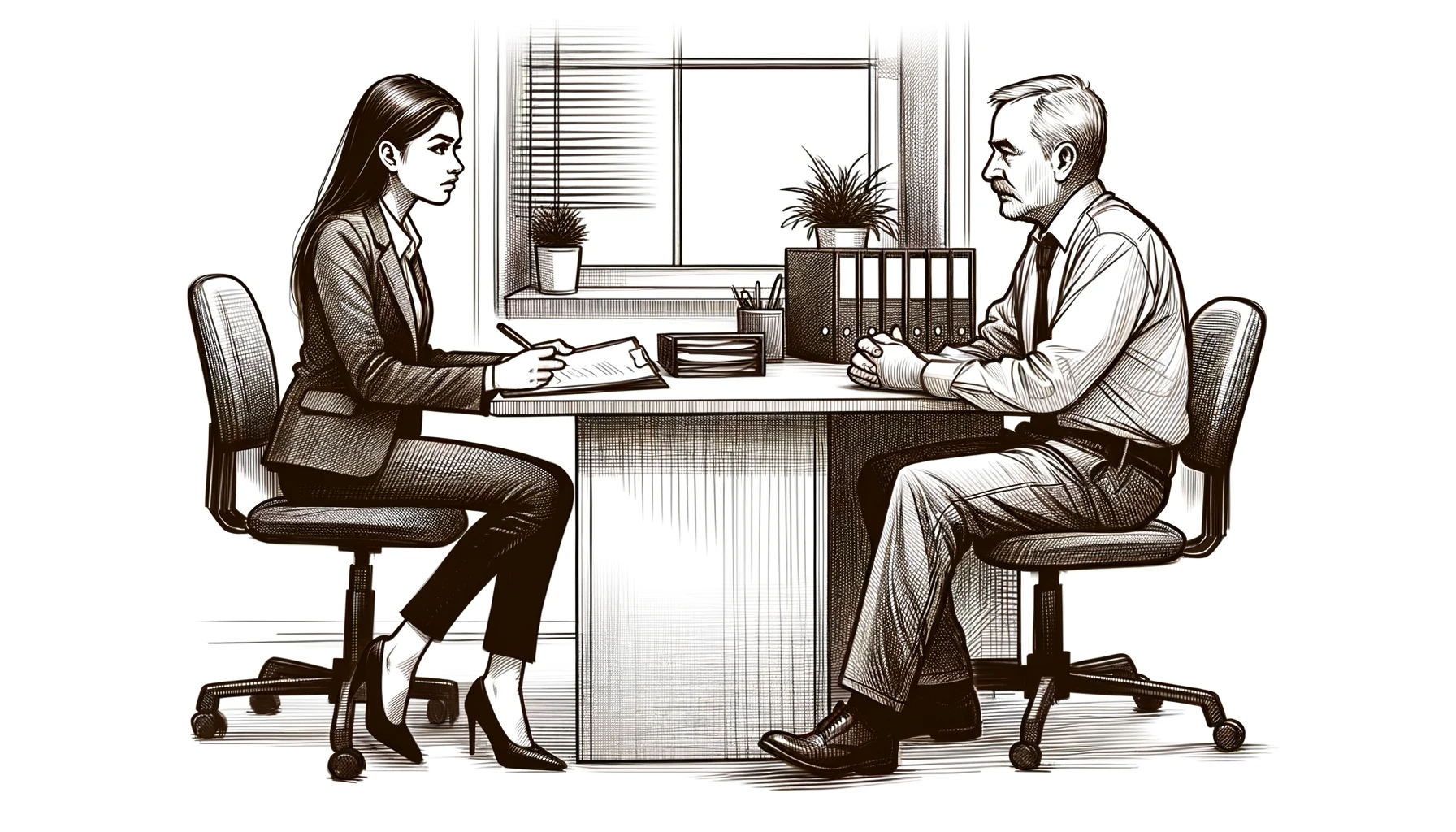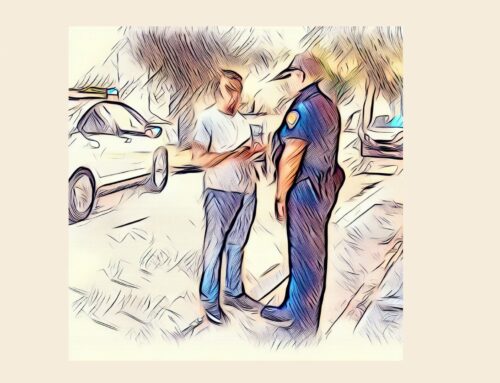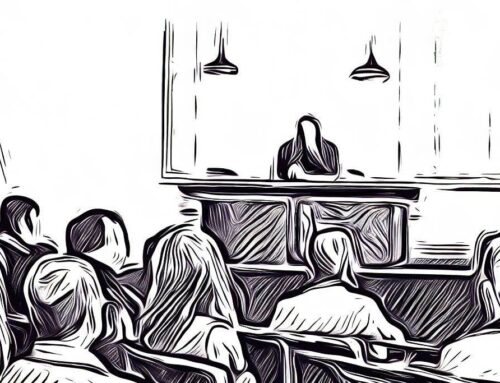Can a Florida Prosecutor Dismiss a Criminal Case Just Because the Victim Doesn’t Want to Press Charges?
You were the victim of a crime like assault, theft, or domestic violence. You filed a police report, and the perpetrator was arrested and charged with a crime. The prosecutor’s office has contacted you and says they need your full cooperation to proceed with the criminal case. You tell the prosecutor you don’t want to press charges or cooperate with their case. Can the prosecutor just dismiss the entire criminal case because you, as the victim, don’t want to move forward?
As the Victim, You Don’t Actually Press Charges in a Criminal Case
First, it’s important to clear up a common misconception—as the victim of a crime, you don’t actually press formal charges against the perpetrator. The decision of whether or not to charge someone with a crime lies exclusively with the prosecutor in the jurisdiction where the crime occurred.
So when a victim says they don’t want to “press charges,” they usually mean that they don’t want to cooperate with the prosecutor or continue to be involved in the case. Since the prosecutor needs evidence to prove guilt, a non-cooperative victim can seriously hinder their ability to win a conviction.
But just because a victim doesn’t want to press charges or stops cooperating doesn’t mean the prosecutor must or will automatically dismiss the case.
Prosecutorial Discretion: The Decision is Ultimately Up to the Prosecutor
While victims play an important role in the criminal justice process, Florida prosecutors have broad discretion when deciding whether to pursue criminal charges. The prosecutor weighs factors like:
- The seriousness of the alleged crime
- The amount of evidence available
- Input from law enforcement involved in the investigation
- The perpetrator’s criminal history
- Protection of public safety
Based on their judgment, they then decide whether it serves the interests of justice to move forward with the case.
So, in cases where a prosecutor believes pursuing criminal charges is vital even without victim cooperation, they may choose to continue the case by relying on other evidence. This may include witness testimony, law enforcement testimony, photographs, hospital records, 911 calls, and other relevant evidence.
Exceptions Where Victim Cooperation is Absolutely Necessary
However, there are some types of crimes where active victim participation is essential to proving the charges. These cases will likely be dismissed if the victim refuses to cooperate:
- Domestic violence cases often rely heavily on victim testimony to establish the identity of the perpetrator, details about the relationship, and lack of consent to physical contact (e.g., battery).
- Sex crimes require victim testimony to describe details of the assault and identify the perpetrator.
- Stalking cases require victims to testify to the fear and distress caused by the perpetrator’s behavior over time.
So, for these crimes that hinge completely on victim participation, a prosecutor usually cannot move forward if the victim is unwilling to cooperate.
Why Might a Prosecutor Still Pursue Charges Without Victim Cooperation?
There are a few reasons why a prosecutor may feel pursuing criminal charges is imperative—even without the backing of the victim:
1. Prioritizing Public Safety
If the prosecutor believes the perpetrator is likely to commit more crimes that threaten public safety, they may continue the case anyway. Getting a conviction ensures the offender gets sentenced and hopefully rehabilitated or deterred from committing more crimes.
2. Upholding Law Enforcement’s Work
After making an arrest, the police refer the case to the prosecutor’s office, believing prosecution is warranted. The prosecutor may pursue charges out of respect for law enforcement’s work, especially if police collected strong evidence.
3. Following Office Policies
- Prosecutors’ offices have general policies about when to pursue charges after an arrest. This provides consistency from case to case. For example, domestic violence is often heavily prosecuted regardless of whether the victim cooperates.
4. Concerns About Intimidation or Retaliation
- Sometimes, uncooperative victims have been intimidated or threatened into silence by the perpetrator or the perpetrator’s associates. In such cases, dismissing the charges may give criminals power over the justice system through scare tactics.
So prosecutors must carefully weigh all factors when deciding whether the interests of justice call for pursuing a case without victim cooperation. The victim’s wishes are just one consideration among many.
Tips for Victims Seeking Case Dismissal
If you’re the victim of a crime and firmly believe dropping the criminal case completely is best under your circumstances, here are tips to make your wishes clear to the prosecutor:
Communicate Directly With the Prosecutor
Don’t assume the police or prosecutors automatically know you want charges dismissed. The clearest way to share your stance is to communicate directly with the prosecutor’s office by phone, letter, or email:
-
- Clearly state you do not wish to cooperate with the case investigation or prosecution in any way. Explain your stance respectfully yet firmly.
- Offer to sign a formal declaration or affidavit saying you refuse to assist as a witness.
- Ask them to dismiss the case and say you won’t provide any testimony if subpoenaed.
Seek Legal Advice
Consult with a criminal defense lawyer who can contact the prosecutor on your behalf. They can explain why declining to press charges is your best recourse while affirming your legal right to do so.
A lawyer can also clarify what evidence the prosecutor may still try to use against the defendant without your participation. This allows you to counter key points if the prosecutor refuses to drop the case.
Prepare to be Subpoenaed
Understand that even after clarifying your stance, the prosecutor can still subpoena you to testify or produce evidence like photographs, documents, etc. This may be an attempt to strengthen the case despite your resistance.
If you receive a subpoena for the criminal trial or to testify before a grand jury, contact a criminal defense lawyer immediately about your rights and options.
What Happens If the Prosecutor Refuses to Drop Charges?
If the prosecutor decides to pursue criminal charges without your cooperation as the victim, several things could unfold:
-
- The case proceeds to trial with police testifying about evidence instead of victim testimony. But this risks weakening the case and losing at trial.
- The prosecutor offers the defendant a generous plea bargain to close the case without a trial. But this means the defendant avoids harsh punishment.
- The prosecutor postpones the case for as long as they can and continues trying to secure your cooperation.
- The prosecutor may seek a court order forcing you to testify against your will. But this risks traumatizing you further while subjecting you to contempt of court penalties if you refuse to comply with the court order.
As you can see, the prosecutor’s options become limited without the victim’s cooperation. While the law does not require them to dismiss the charges outright, dropping the case often becomes the most sensible and realistic option to move forward.
The Bottom Line
Crime victims play a central role in seeking justice against perpetrators of harm. But Florida law does not allow victims to decide whether criminal charges get filed or dismissed unilaterally. The prosecutor bears responsibility for making that call based on ethics, evidence, and the interests of public safety.
Still, smart prosecutors carefully consider victims’ perspectives when judging the wisdom of moving forward with weak cases. Though rare, prosecutors can sometimes pursue charges over a victim’s objections—but it often undermines the integrity of the case and the sense of justice being served.
So, while prosecutors have discretion over filing criminal charges, yielding to strong victim opposition often proves the wisest course. If you’re a victim seeking case dismissal, yet the prosecutor refuses to drop charges against your wishes, an experienced criminal defense lawyer can advocate zealously on your behalf.
CALL US NOW for a CONFIDENTIAL INITIAL CONSULTATION at (305) 538-4545, or take a moment to fill out our confidential and secure intake form.* The additional details you provide will greatly assist us in responding to your inquiry.
THERE ARE THOUSANDS OF LAW FIRMS AND ATTORNEYS IN SOUTH FLORIDA. ALWAYS INVESTIGATE A LAWYER’S QUALIFICATIONS AND EXPERIENCE BEFORE MAKING A DECISION ON HIRING A CRIMINAL DEFENSE ATTORNEY ATTORNEY FOR YOUR MIAMI-DADE COUNTY CASE









